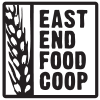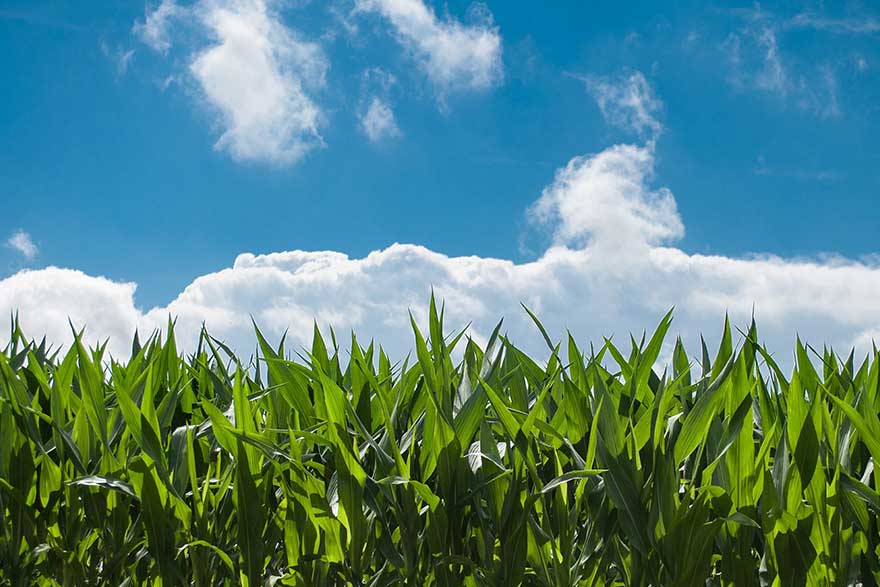by Dan Dalton, Pennsylvania Association for Sustainable Agriculture
The Pennsylvania Association for Sustainable Agriculture (PASA) is one of the largest and most active sustainable agriculture organizations in the United States. PASA is a diverse network of growers, businesses and consumers that facilitates and enables viable farming systems through innovative farming-to-farmer exchange, farm based research, and farmer training and development. Through our SOIL Institute education programs, PASA seeks to promote profitable farms that produce healthy food for all people.
Farmer-to-Farmer Exchange
Throughout the year, PASA hosts events across the state with the support of our farming partners and expert collaborators. In the past year, we have offered 36 events with a total attendance of 748 people. These events offer the agricultural community an opportunity to gather experiential knowledge on a wide range of topics and interests and learn concrete skills to improve their farms and gardens in a meaningful way. Recent topics have ranged from “Grazing Management in a Changing Climate” to “Small-scale Biogas Systems for Farm and Homestead” to “High Tunnel Raspberry Production”.
Farm-based Research
PASA embraces an expansive concept of sustainable agriculture that focuses on measurable outcomes, rather than a prescriptive set of practices. Through our Farm-Based Research programs, we work with our farmer members to quantify meaningful sustainability indicators and establish benchmarks for the range of typical and possible outcomes. At the same time, PASA uses this data to communicate the positive impacts our farmers have on their communities and environment to a broad audience of customers and stakeholders. Through this cycle of research, education, and outreach, our farmers will improve their operations while growing public support for a sustainable food system.
Soil Health Benchmark Study
Soil health is the foundation of the farm ecosystem, but farmers need a clear understanding of the status of their soil resources to improve for the future. PASA began conducting research focusing on organic vegetable farms because they represent a significant segment of PASA’s farmer membership. Data from the 12 participating farms provide a snapshot of what is possible for soil health on diversified organic vegetable farms in Pennsylvania. We found that, on average, those PASA farmers:
- Grew soil organic matter levels 2.3 times higher than expected for their soil type.
- Maintained living vegetative cover on the their fields an average of 225 days. A conventional corn/soybean rotation in Pennsylvania provides only 156 days of cover.
- Showed average scores of 70, an “excellent” rating in the Cornell Comprehensive Assessment, which combines 12 different metrics into a 0-100 scale.
Pastured Livestock Productivity
Pastured livestock can offer many benefits for the environment, animal health, and family farms, but critics often argue that this style of animal husbandry is too inefficient. PASA board member Brooks Miller of North Mountain Pastures sought to find out. He tabulated numbers on meat yield, feed purchases, and grazing plans to calculate the meat output on his farm, totaling over 400 pounds per acre. Based on these initial findings, PASA identified a population of farms to share records on meat production to analyze and potentially identify ideas for improving efficiencies and to assess the potential to expand pastured livestock farms as a bigger piece of our food system.
Drilling down into the data, we see huge opportunities for improving resource efficiency. For instance, looking at the feed conversion of pastured pigs, we see a range from 5.2 to 13.5 pounds of feed per pound of meat. Future workshops and field days building on this project will use this data to drive conversations among farmers about best management practices and goals to improve land and feed efficiency.
Farmer Training and Cultivation
Cultivating the next generation of farmers is crucial to advancing sustainable agriculture. With the increasing cost of land, equipment, and other capital, it is essential that new farmers be trained sufficiently to improve their odds of success. To these ends, PASA has taken on two farmer training programs—the Dairy Grazing Apprenticeship (DGA) and the Diversified Vegetable Apprenticeship (DVA).
The Dairy Grazing Apprenticeship is a program brought to Pennsylvania by PASA from Wisconsin. It is a federally registered, formalized apprenticeship for those pursuing a career as a grazing dairy manager. The program lasts two years and is composed of on-the-job, as well as outside training and support, all while earning a progressive wage. Successful apprentices complete DGA with the skills necessary to start their own operation or to manage an operation for one of our many aging farmers.
The Diversified Vegetable Apprenticeship is currently in development by PASA staff with the goal of being piloted in 2018. Like the Dairy Grazing Apprenticeship, the DVA will be a registered, formalized apprenticeship that gives participants the opportunity to “earn as you learn” the skills necessary to be a successful diversified vegetable farmer. The program will last 18 months and, like the DGA, will offer on-the-job training, outside training, a progressive wage, and third—party support to both host farms and to apprentices.
PASA is constantly striving to make connections between our areas of work. The results of our farm-based research provide the framework for upcomings events, while the needs of current and developing farmers help to drive our research and training programs. With this approach, we seek to strengthen the future of sustainable agriculture in Pennsylvania.
 Dan joined PASA in October 2016 as the Three Rivers Sustainability Hub Manager. He is responsible for educational programming, member outreach, and research coordination in Western Pennsylvania.
Dan joined PASA in October 2016 as the Three Rivers Sustainability Hub Manager. He is responsible for educational programming, member outreach, and research coordination in Western Pennsylvania.



Leave A Comment